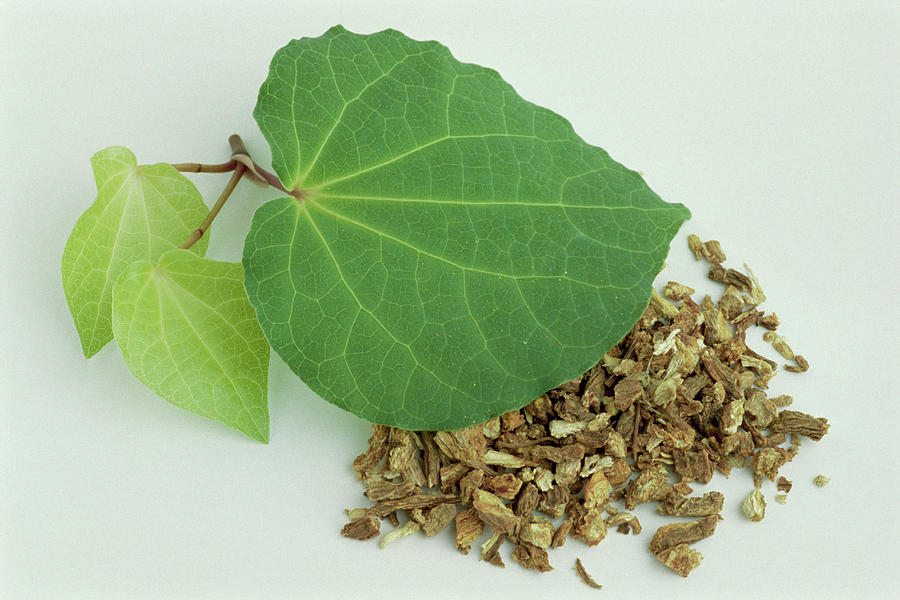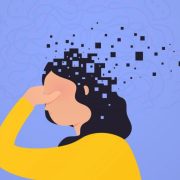Anxiety is a word that we hear quite a lot these days, and with good reason: there is plenty of it to go around! We use “anxious” to describe a whole range of feelings, from nervousness to paralyzing panic attacks, from back-to-school to global events. The American Psychological Association (APA) defines anxiety this way:
Anxiety is an emotion characterized by feelings of tension, worried thoughts, and physical changes like increased blood pressure.
Anxiety is not the same as fear, but they are often used interchangeably. Anxiety is considered a future-oriented, long-acting response broadly focused on a diffuse threat, whereas fear is an appropriate, present-oriented, and short-lived response to a clearly identifiable and specific threat.
Even by that definition, it’s a large umbrella with a broad spectrum of experiences in each individual. But all touched by anxiety can agree on one thing: it is terribly uncomfortable and when it becomes regular or chronic it can be debilitating, and can deeply affect one’s daily life and interactions with others! For many of us it manifests physically with shortness of breath, racing or palpitating heart rate, insomnia and sleep disturbances, nausea and gastrointestinal troubles, and other unpleasant sensations.
The good news is that there are many natural ways to help ourselves with anxiety and its symptoms! There are two parts to a holistic approach to anxiety: supportive care for acute symptoms (the more immediate help), and determining and working on the root cause(s) (the longer term help). We’ll tackle the immediate support first, and dig deeper into the roots next week.
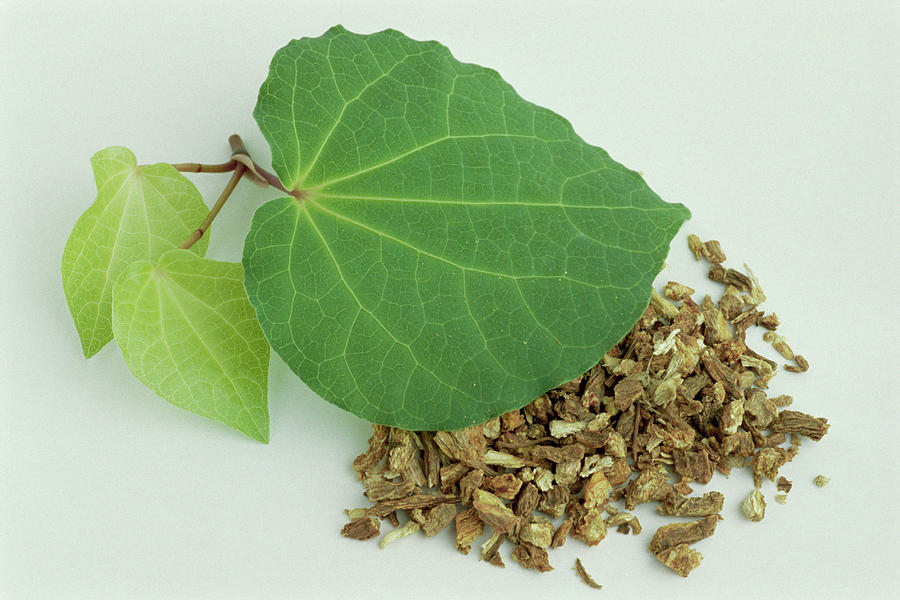
Kava Kava, Piper methysticum
Kava has a powerful anxiolytic (anti-anxiety) action and for many people it offers a feeling of well-being and relaxation. It is particularly helpful in cases of tense or irritable anxiety, especially menopause-related and panic attacks. have shown promising results using Kava for Generalized Anxiety Disorder. Kava may have an additive effect with alcohol and other sedatives so should not be combined with them.
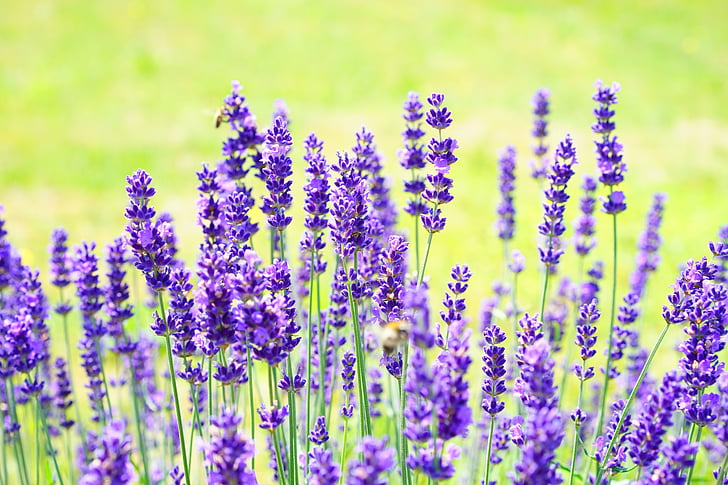
Lavender, Lavandula angustifolia
Lavender is a classic anxiolytic herb for good reason! Just smelling lavender essential oil anxiety symptoms. In addition to aromatherapy, lavender may be used in massage and body care, a warm bath, or added to tea, particularly for a relaxing bedtime ritual. It is known to promote a deep relaxation and a more restful sleep.
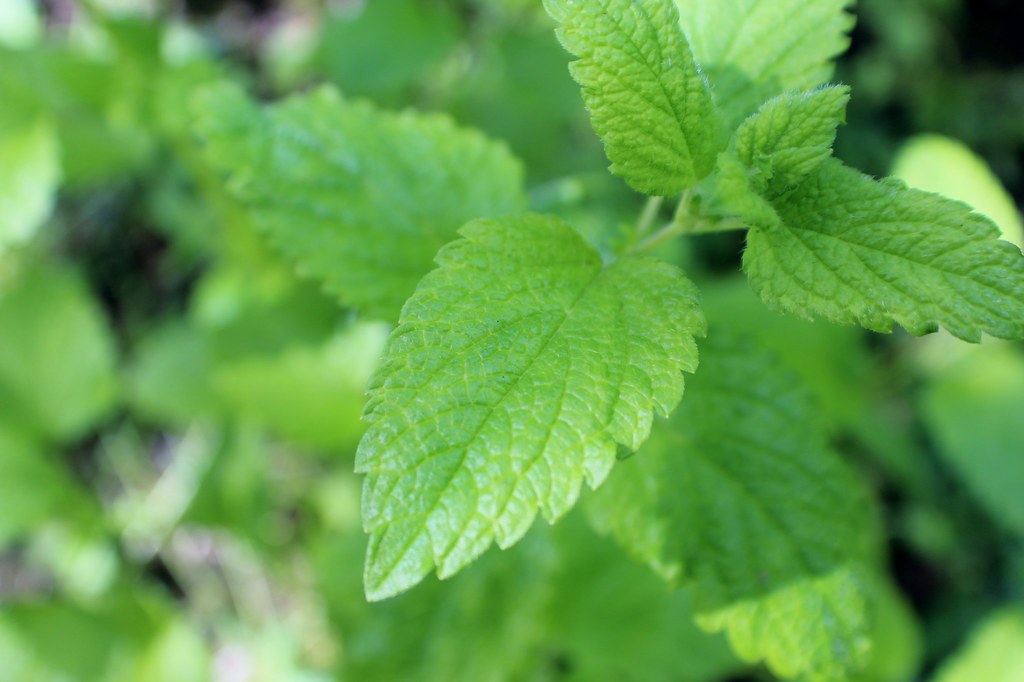
Lemon Balm, Melissa officinalis
“Sweet Melissa” is a tasty, gentle herb in the mint family with use going back to ancient times to uplift the spirits. to reduce anxiety symptoms including sleep disturbances, likely by increasing GABA levels. It combines well with other herbs mentioned here and is gentle enough to use with children. As an added bonus, Lemon Balm may help a nervous stomach and insomnia. Though it is relaxing it is not particularly sleepy for most people and can be consumed in the daytime.
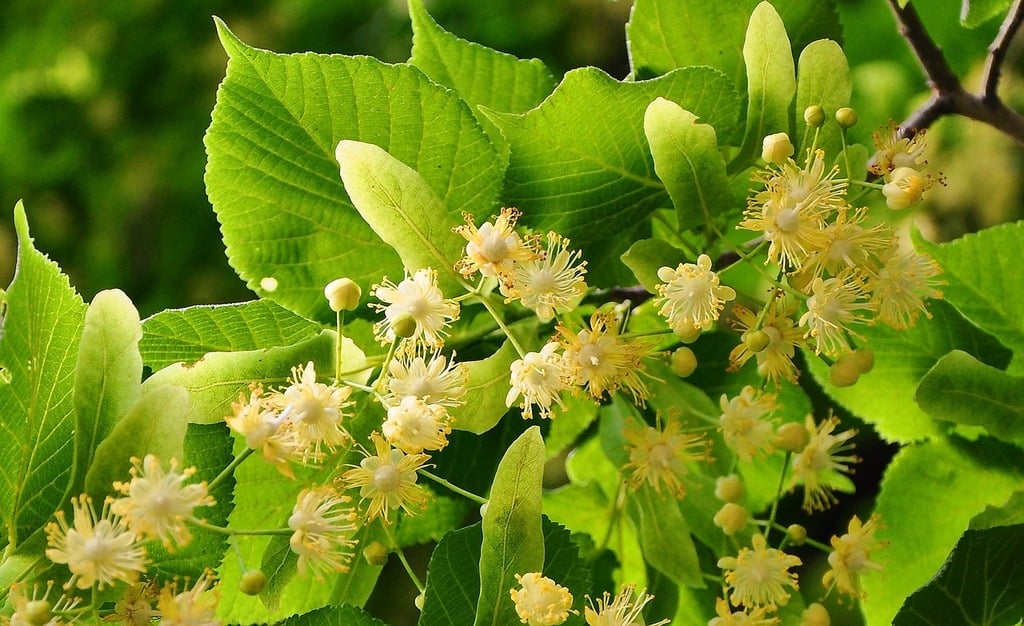
Linden, Tilia x vulgaris
Linden is one of my all-time favorite plant allies for anxiety, tension, and insomnia! It smells and tastes delicious in tea (or a bath) and is deeply relaxing. Another herb , it is also known for lowering blood pressure and promoting deeper, more steady sleep. If you are someone who is prone to waking up in the middle of the night and worrying instead of going back to sleep, Linden is a great addition to your routine.
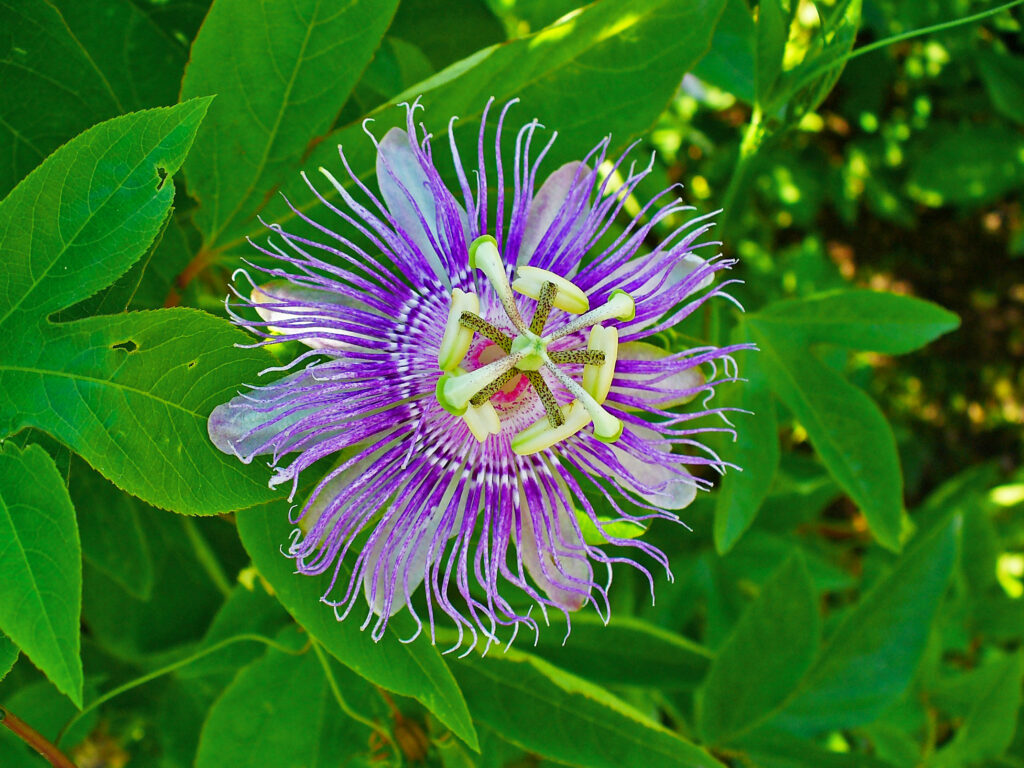
Passionflower, Passiflora incarnata
For nighttime anxiety few herbs can compare with Passionflower for relief. When circular or intrusive thoughts are disturbing sleep, Passionflower can offer quieting and peace. It has been for both sleep and anxiety than many herbs, showing very positive results without the negative side effects that most of its pharmaceutical counterparts have. It is sedating for many people, so may best be used at night, and is rather bitter in taste so some may not enjoy it as a tea unless combined with the “better tasting” herbs above.
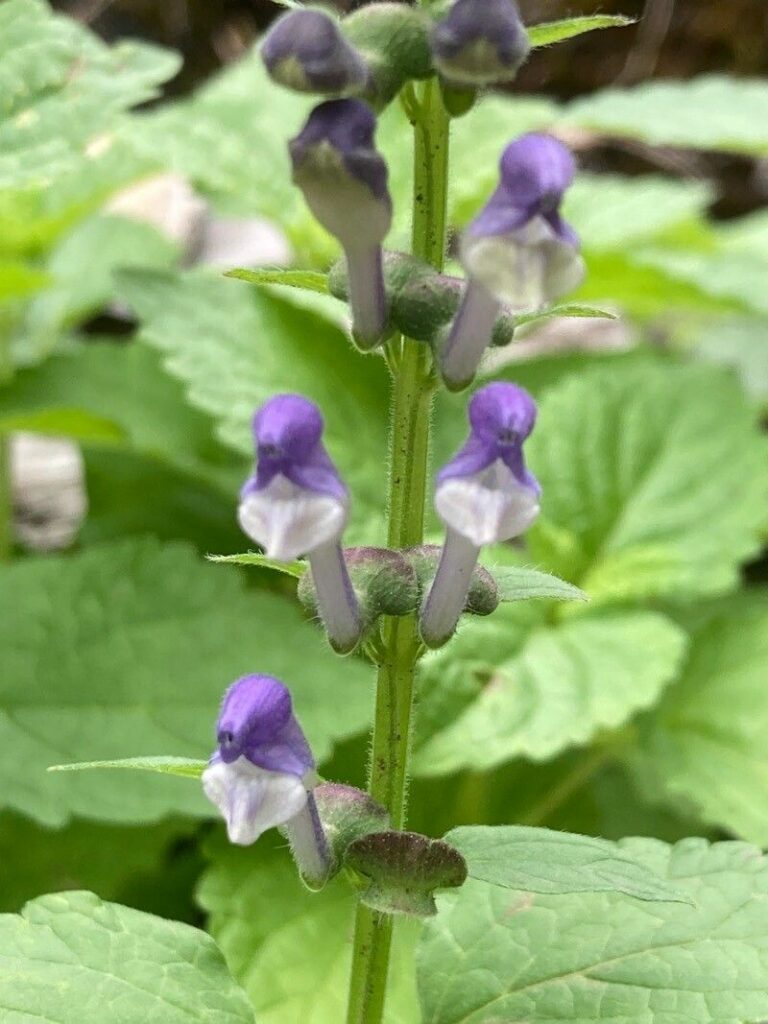
Skullcap, Scutellaria laterifolia
No discussion of herbal support of anxiety would be complete without Skullcap. Not to be confused with Chinese Skullcap (Scutellaria baicalensis) which has quite different properties and uses, American Skullcap is a go-to herb for nervous tension and agitation. It is soothing to frayed nerves, both physical and emotional, and gently sedative for insomnia. For more jittery anxiety types, Skullcap is a great ally.
There are many more herbs that offer relaxing and anxiolytic properties, and many wonderful combination formulas available that include the herbs mentioned here! A few favorites for acute anxiety symptoms include , , and our own tea blend. For nighttime anxiety and insomnia relief, I especially love . Come back next week for some recommendations for supporting the root causes of anxiety!
The post appeared first on .

